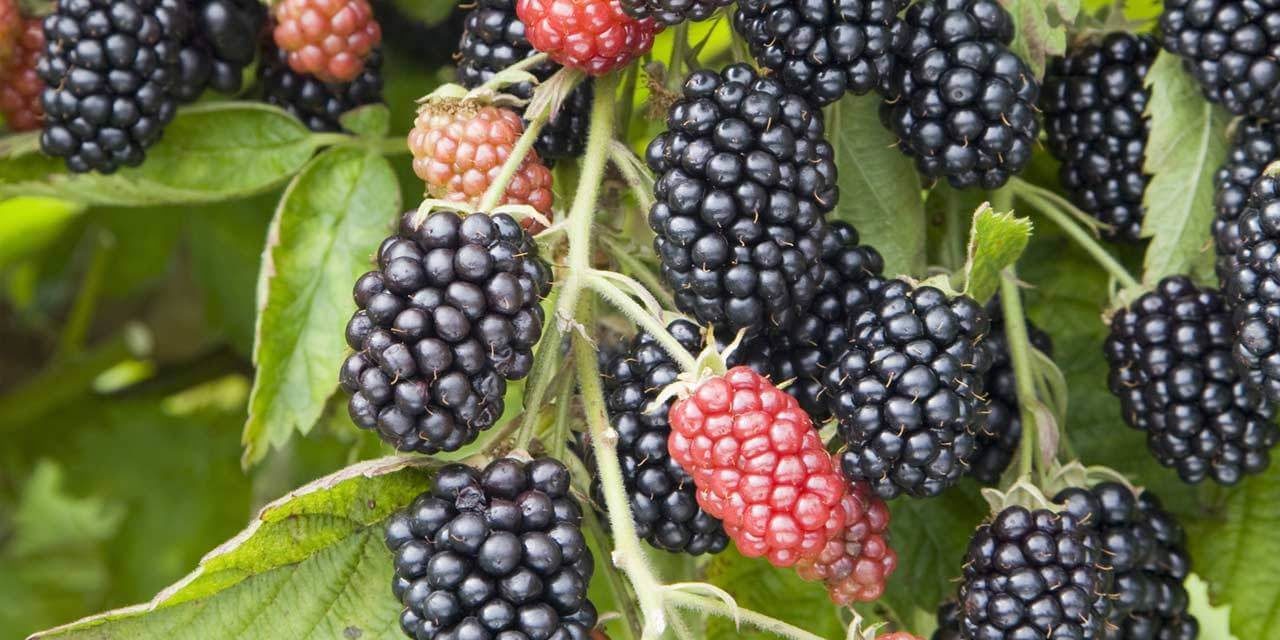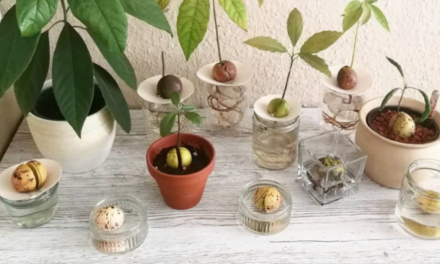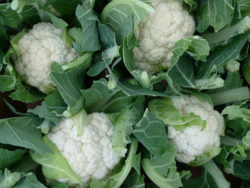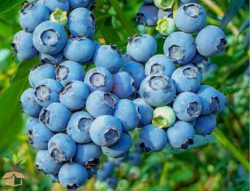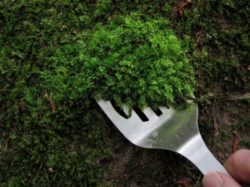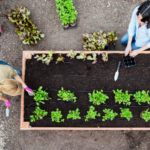Learn how to grow blackberries from cuttings with this easy to follow DIY gardening guide! The blackberry plant is a popular choice for many gardeners. Blackberries are a type of fruit that is rich in vitamins and antioxidants. They are also a good source of fiber. The blackberry plant is easy to grow and does not require much maintenance. However, blackberries can be susceptible to diseases and pests. With proper care, blackberry plants can provide a bountiful harvest of delicious fruit. Before we learn how to grow blackberries from cuttings, let's take a quick look at the history of blackberries – where did they originate?
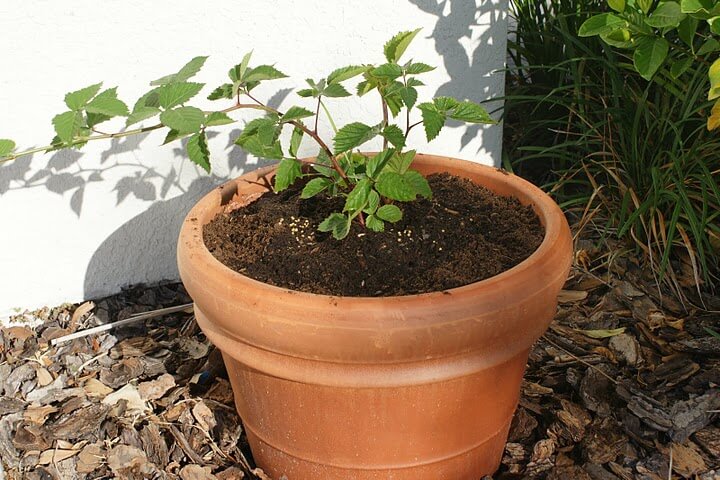
About the Blackberry Plant
The blackberry plant is a species of blackberry native to Europe, Asia, and Africa. It is a member of the rose family and is related to the raspberry. The blackberry plant is a deciduous shrub that grows to about 1-2 meters in height. The bush has biennial stems, meaning that they grow for two years before dying back. The blackberry plant produces blackberries that are tart and sweet in taste. The fruit is used in pies, jams, and desserts. Blackberries are also rich in antioxidants and vitamins. The plant can be propagated by seed, cutting, or layering.
How to Grow Blackberries from Cuttings
Blackberries are a delicious and nutritious addition to any garden, and they're relatively easy to grow from cuttings. blackberry plants typically produce fruit for two to three years before needing to be replaced, so starting from cuttings is a great way to get the most out of your plants. Here's how to do it:
- First, choose healthy blackberry canes that are at least a year old. Cut off the tips of the canes, making sure each cutting is about six inches long. Strip off the leaves from the bottom half of each cutting, and dip the leafy end in rooting hormone.
- Next, fill a pot with moistened potting mix and make a small hole for each cutting. Gently insert the cuttings into the holes, making sure that the leafy end is pointing up. Water well and place the pot in a bright spot out of direct sunlight.
- After a few weeks, you should see new growth emerging from the top of the cuttings. Once this happens, you can transplant them into your garden or into individual pots. With a little care, you'll soon be enjoying fresh blackberries straight from your own backyard!
How to Care for Blackberries
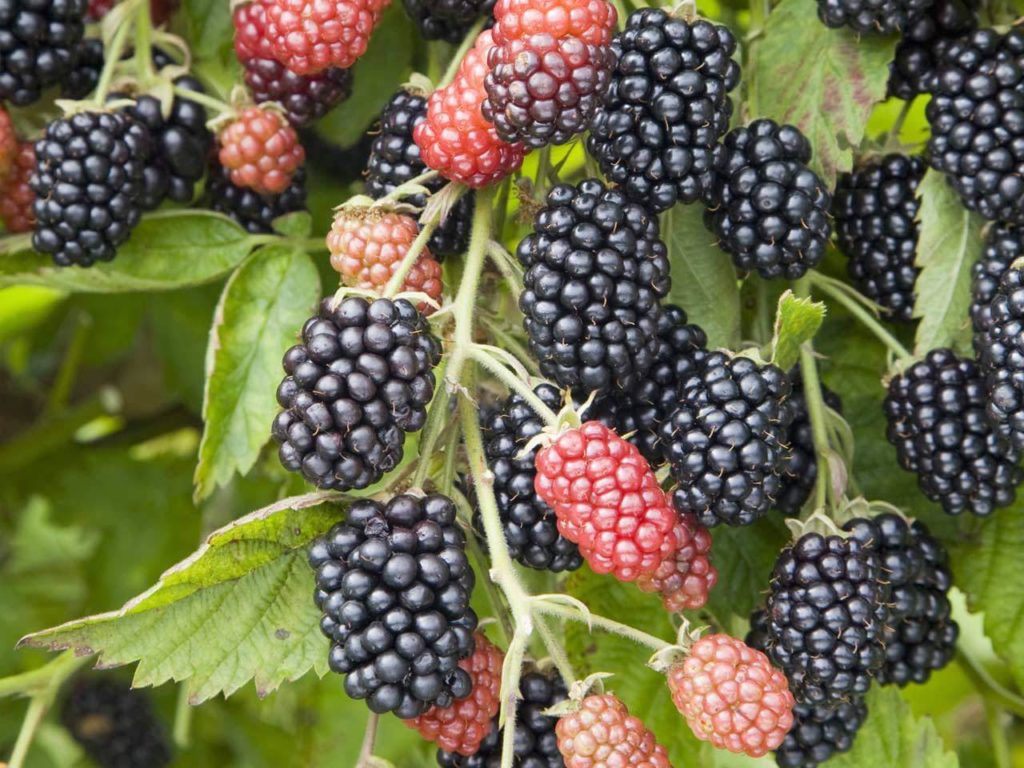
Blackberries are relatively easy to take care of, and blackberry plants can produce a large quantity of fruit. However, they do require some specific care in order to produce the best possible crop. Here are some tips on how to care for blackberry plants:
- Blackberries need full sun in order to produce well. Plant them in an area of your garden that gets at least six hours of direct sunlight per day.
- Blackberries like soil that is rich in organic matter. Add compost or well-rotted manure to the planting area before you put the blackberry plants in the ground.
- Water blackberry plants regularly, especially during dry periods. Blackberries need about 1 inch of water per week.
- Fertilize blackberry plants every spring with a high-quality fertilizer designed for fruiting plants. Follow the directions on the fertilizer package for best results.
- By following these simple tips, you can ensure that your blackberry plants will be healthy and productive.
Blackberry Plant Pests & Diseases
Blackberry plants are susceptible to a variety of pests and diseases. One of the most common is powdery mildew, which causes the leaves to develop a white, powdery coating (learn how to get rid of powder mildew!). This can ultimately lead to leaf loss and reduced fruit production. Other fungal diseases that can affect blackberry plants include anthracnose and fruit rot. As for pests, blackberry plants are often targeted by aphids, mites, and Japanese beetles. These pests can cause damage to the foliage and fruits, leading to a diminished crop. Fortunately, there are a number of treatments available for both pests and diseases. By being aware of the potential problems that can affect blackberry plants, growers can take steps to keep their plants healthy and productive.
How to Harvest Blackberries
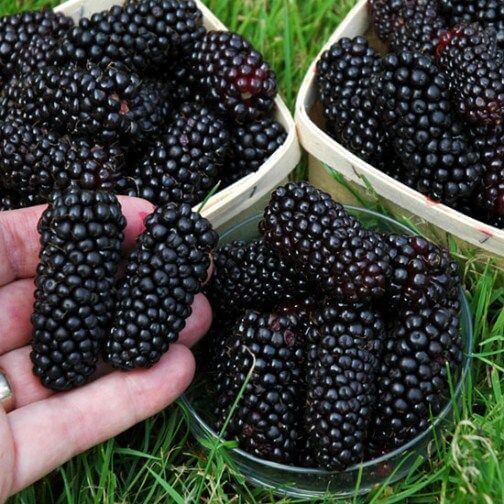
Although blackberries are relatively easy to grow, harvesting them can be a bit tricky. The key is to wait until the berries are fully ripe. If they are picked too early, they will be sour and unappetizing. If left on the bush for too long, however, they will quickly over-ripen and become mushy. The best time to pick blackberries is when they are deep black in color and come off the bush easily. Once you have found a ripe berry, gently twist it until it comes free. Be careful not to crush the berries, as this will make them spoil more quickly. Once all the berries have been picked, wash them thoroughly and enjoy!
How to Store Blackberries
Blackberries are a delicious and nutritious fruit that can be enjoyed fresh, frozen, or cooked. If you're lucky enough to have a bumper crop of blackberries, you may be wondering how to best store them so they stay fresh and delicious. Fresh blackberries can be stored in the fridge for a few days, but they are best used within a day or two of picking. Blackberries can also be frozen for longer-term storage. Simply place them on a baking sheet in a single layer and freeze for about 2 hours. Once frozen, transfer the berries to a freezer-safe container and store for up to 6 months. Frozen blackberries are perfect for using in smoothies, baking, or cooking.
Cooked blackberries can be stored in the fridge for up to 4 days or in the freezer for 6 months. Blackberry preserves will keep for at least 1 year when stored in a cool, dark place. Whether you enjoy them fresh or cooked, blackberries are a delicious way to add sweetness and nutrition to your diet. Enjoy!
The Health Benefits of Blackberries
Few things are as delicious as a ripe blackberry, bursting with sweetness and juice. But in addition to being a tasty treat, blackberries also offer a number of health benefits. For starters, blackberries are an excellent source of vitamins and minerals, including vitamin C, manganese, and fiber. They also contain powerful antioxidants that can help to protect cells from damage. Studies have shown that consuming blackberries on a regular basis can help to improve brain function, lower cholesterol levels, and reduce inflammation. So the next time you're looking for a healthy snack, reach for a handful of blackberries – your body will thank you!

